Bengaluru, November 13, 2025 – B. Shantharam Shetty, President of Barkur Vyavasaya Seva Sahakari Sangha (Agricultural Service Cooperative Society) and Karnataka Rajyotsava Award recipient, will be conferred with the coveted 'Sahakara Ratna' (Cooperative Gem) Award 2025 in recognition of his exceptional contributions to Karnataka's cooperative movement.
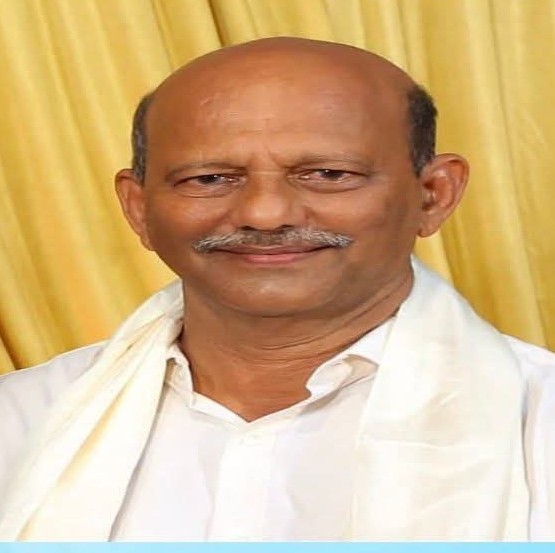
The prestigious award will be presented at a ceremony scheduled for Friday, November 14, 2025, at Gayatri Vihar, Bangalore Palace Grounds. The honor acknowledges Shetty's instrumental role in strengthening the cooperative sector while simultaneously preserving the state's rich cultural heritage.
A Dual Legacy: Cooperatives and Culture
This latest recognition adds another jewel to the crown of accomplishments for the Barkur-based leader, who has become synonymous with grassroots development and cultural preservation in coastal Karnataka. While Shetty's appointment to the Karnataka State Kambala Association earlier this year highlighted his commitment to traditional sports, the Sahakara Ratna Award underscores a lesser-known but equally significant dimension of his work—his leadership in the cooperative movement.

As President of the Barkur Agricultural Service Cooperative Society, Shetty has championed farmer welfare, agricultural sustainability, and community-driven economic development. His approach has consistently bridged the gap between traditional wisdom and modern cooperative principles, creating models that resonate with rural communities.
From Paddy Fields to Cooperative Leadership
What distinguishes Shetty's journey is his holistic vision of rural development. While many leaders focus on either economic or cultural aspects, Shetty has demonstrated that these elements are intrinsically linked. His work with the agricultural cooperative has paralleled his efforts to revive Kambala—both stemming from a deep understanding that rural prosperity depends on preserving traditional knowledge systems while adapting to contemporary needs.
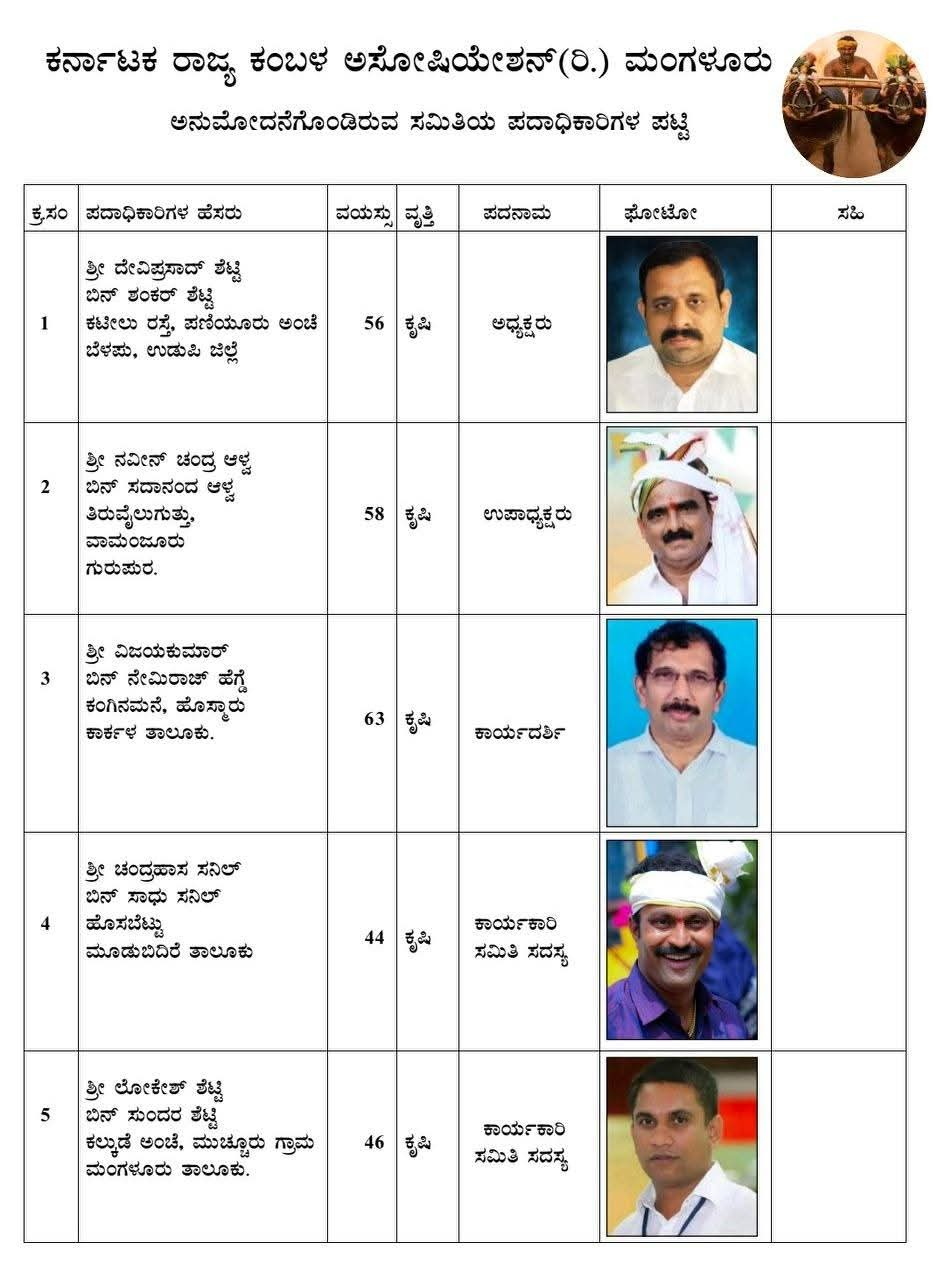
"Cooperatives and culture are two sides of the same coin in rural Karnataka," observers note. "Shetty understands that you cannot strengthen farming communities without honoring their heritage, and you cannot preserve traditions like Kambala without ensuring economic viability for farmers and buffalo rearers."
A Track Record of Service
Shetty's leadership of the Barkur cooperative has been marked by innovative approaches to age-old challenges. His emphasis on collective action, fair distribution of resources, and member empowerment has made the institution a model for other cooperative societies in the region.
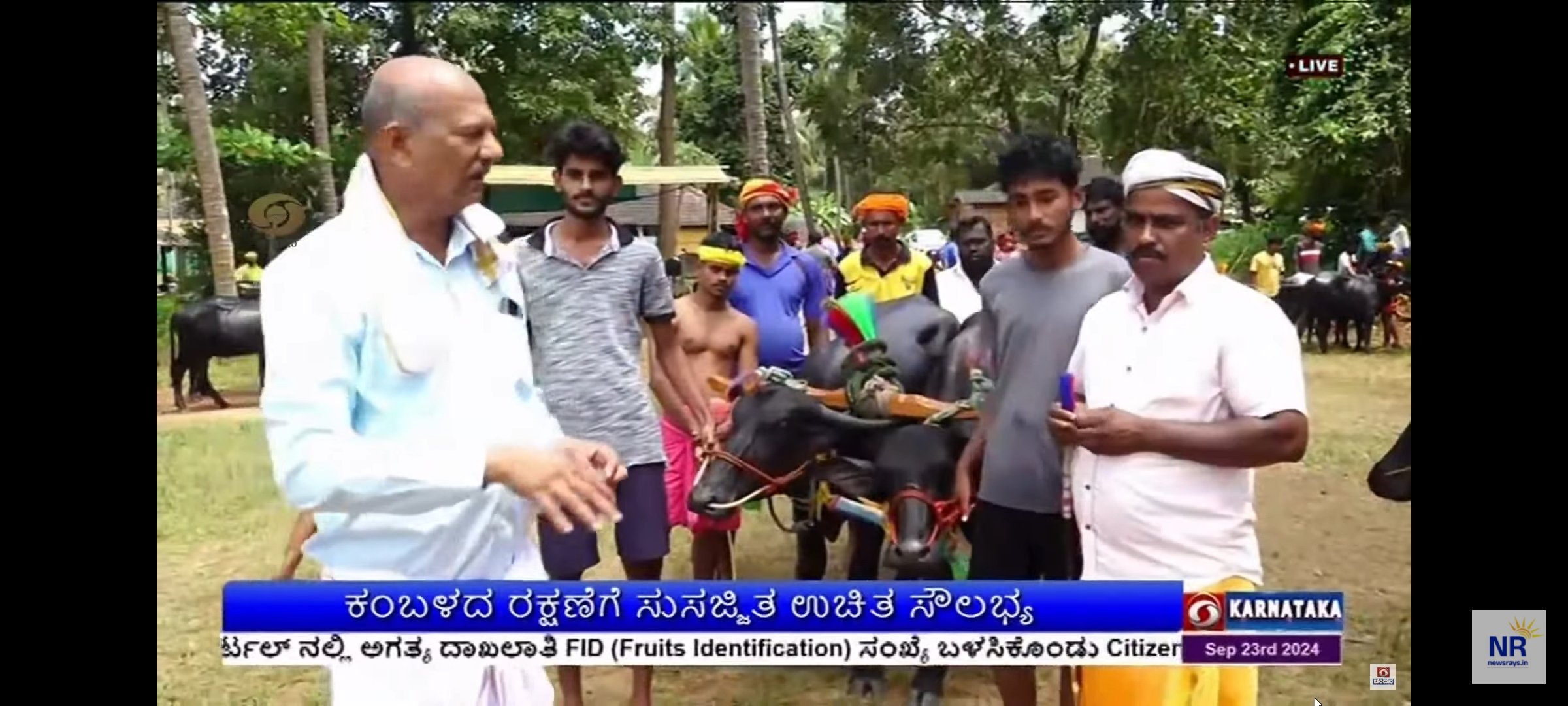
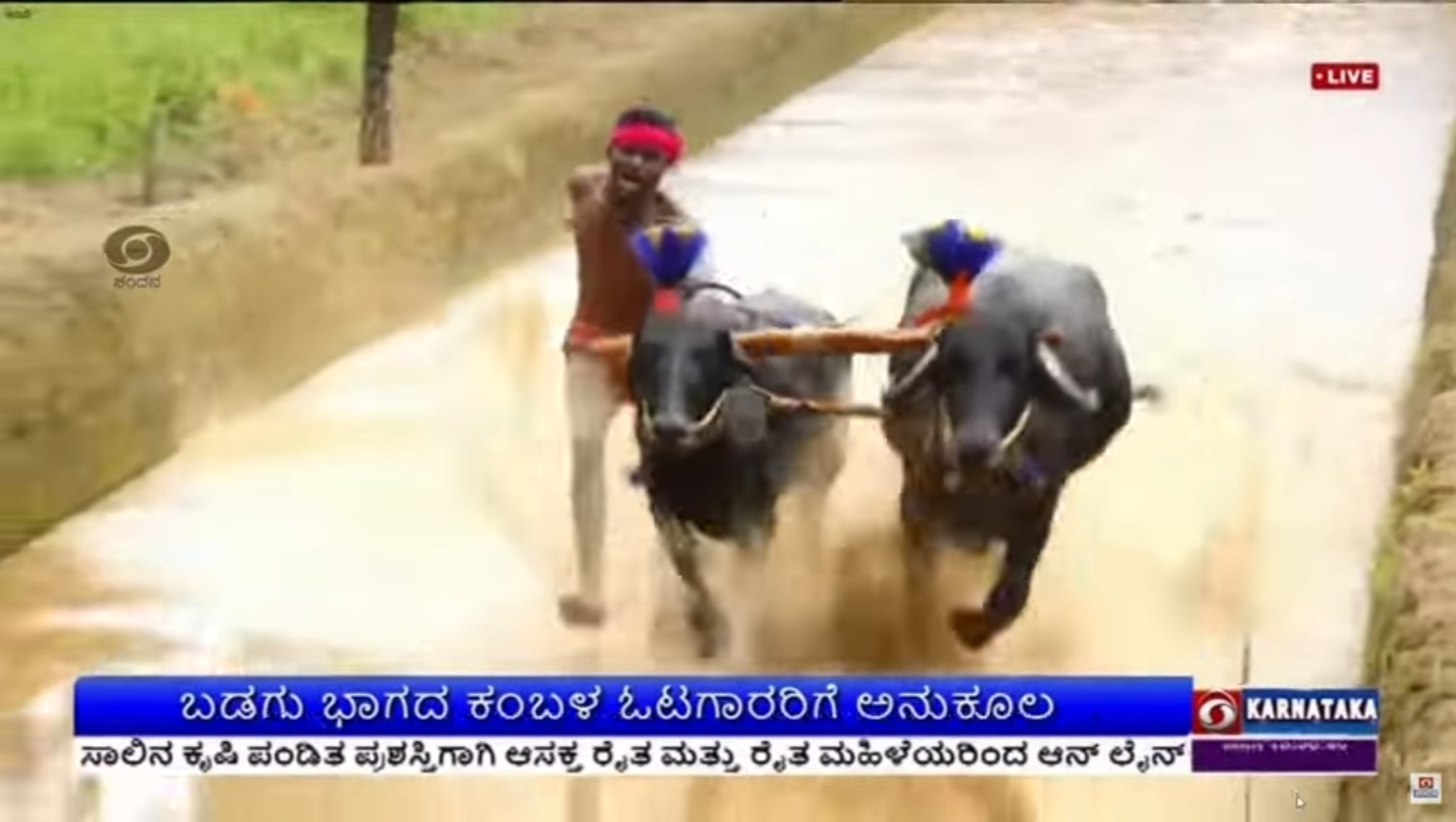
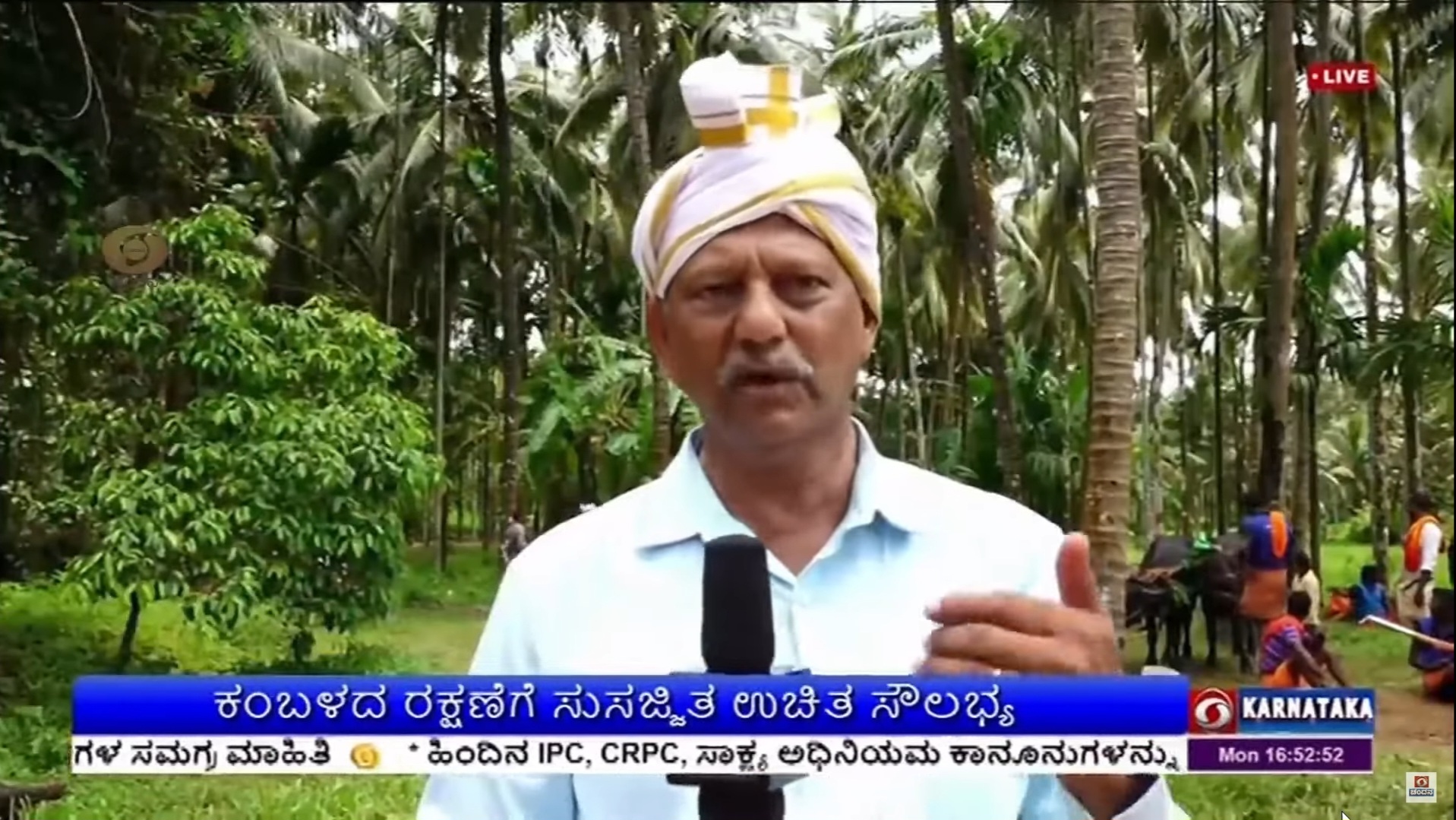
The establishment of the Kambala Training Track—while primarily aimed at cultural preservation—also exemplifies cooperative principles. By creating shared infrastructure that benefits the entire community, Shetty demonstrated how cooperative thinking extends beyond formal institutional boundaries.
Recognition of Grassroots Impact
The Sahakara Ratna Award is particularly significant as it recognizes contributions at the grassroots level, where the cooperative movement truly manifests its potential for social transformation. Unlike awards that often go to administrators or policymakers, this honor celebrates someone who has worked directly with farming communities, understanding their challenges firsthand.
"This award validates the work of countless cooperative leaders across Karnataka who labor in relative anonymity," said a cooperative movement veteran. "Shantharam Shetty represents the best of what the movement stands for—service, community, and sustainable development."
A Year of Honors
The Sahakara Ratna Award caps a remarkable period of recognition for the Barkur leader. His appointment to the Karnataka State Kambala Association earlier this year brought state-level visibility to his cultural preservation efforts. Now, the cooperative sector honor acknowledges his economic development contributions.
For the communities of Barkur and surrounding areas, these recognitions validate what they have long known—that true leadership manifests not in grand gestures but in sustained commitment to community welfare across multiple dimensions.
The Road Ahead
As Shetty prepares to receive the Sahakara Ratna Award, his work continues unabated. The agricultural cooperative under his leadership faces new challenges—climate change, market volatility, and generational shifts—that require the same innovative thinking that has characterized his approach to Kambala revival.
Those familiar with his work expect that this recognition will only strengthen his resolve. "Awards don't change Shantharam Shetty," remarked a longtime associate. "He'll be back in Barkur the next day, working with farmers, planning the next Kambala event, and thinking about how to make the cooperative more effective."
The ceremony on November 14 will celebrate not just one man's achievements but a philosophy of development that honors tradition, empowers communities, and builds sustainable futures—a philosophy that Karnataka's cooperative movement, and indeed rural India, desperately needs.
The Sahakara Ratna Award recognizes individuals who have made outstanding contributions to the cooperative movement in Karnataka, strengthening the principles of collective action, mutual assistance, and community development that form the foundation of the cooperative sector.
